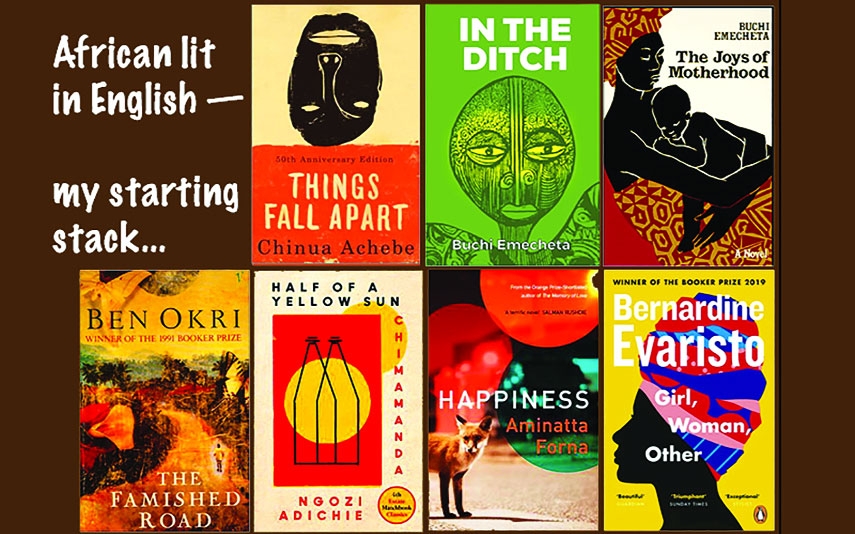Published: 08:38 AM, 25 October 2025
Folktales and Myths in African Literature

Rifat Rafique Badhan
African literature includes a vast body of traditional oral heritages and modern written works in indigenous African, Afro-Asiatic, and European languages, reports an online portal called Exploring Africa. It encompasses diverse forms like folktales, myths, poetry, and novels, with many contemporary works exploring themes of post-colonialism, tradition versus modernity, and identity. Key historical developments include early writings in Ancient Egypt and Ethiopia, the introduction of Arabic poetry, and the spread of writing through colonial-era schools and the African diaspora.
Africa has a long and complex literary history. Indeed, to suggest that one historical account can represent all of the literature, across time, from all of the regions of Africa is misleading. Deciding when African literature first appears, or when the tradition begins, are questions that are ultimately unanswerable, and determining which literary forms originate in Africa and which are borrowed from elsewhere are issues over which literary critics continue to debate. Nevertheless, scholars of African literature have put forth a general historical overview that allows readers, listeners, and students to gain a sense of the literary history of Africa.
Oral literature has flourished in Africa for many centuries and takes a variety of forms including folk tales -like the ones found in this lesson-, myths, epics, funeral dirges, praise poems, and proverbs. Myths, according to Oyekan Owomoyela, usually "explain the interrelationships of all things that exist, and provide for the group and its members a necessary sense of their place in relation to their environment and the forces that order events on earth".
Epics are elaborate literary forms, usually performed only by experts on special occasions. They often recount the heroic exploits of ancestors. Examples of epics include the Mwindo epic and the epic of Sundjiata. Versions of both of these epics have been transcribed and published in book form and may be available through public or university libraries.
Rifat Rafique Badhan is a
freelancer and a columnist.



